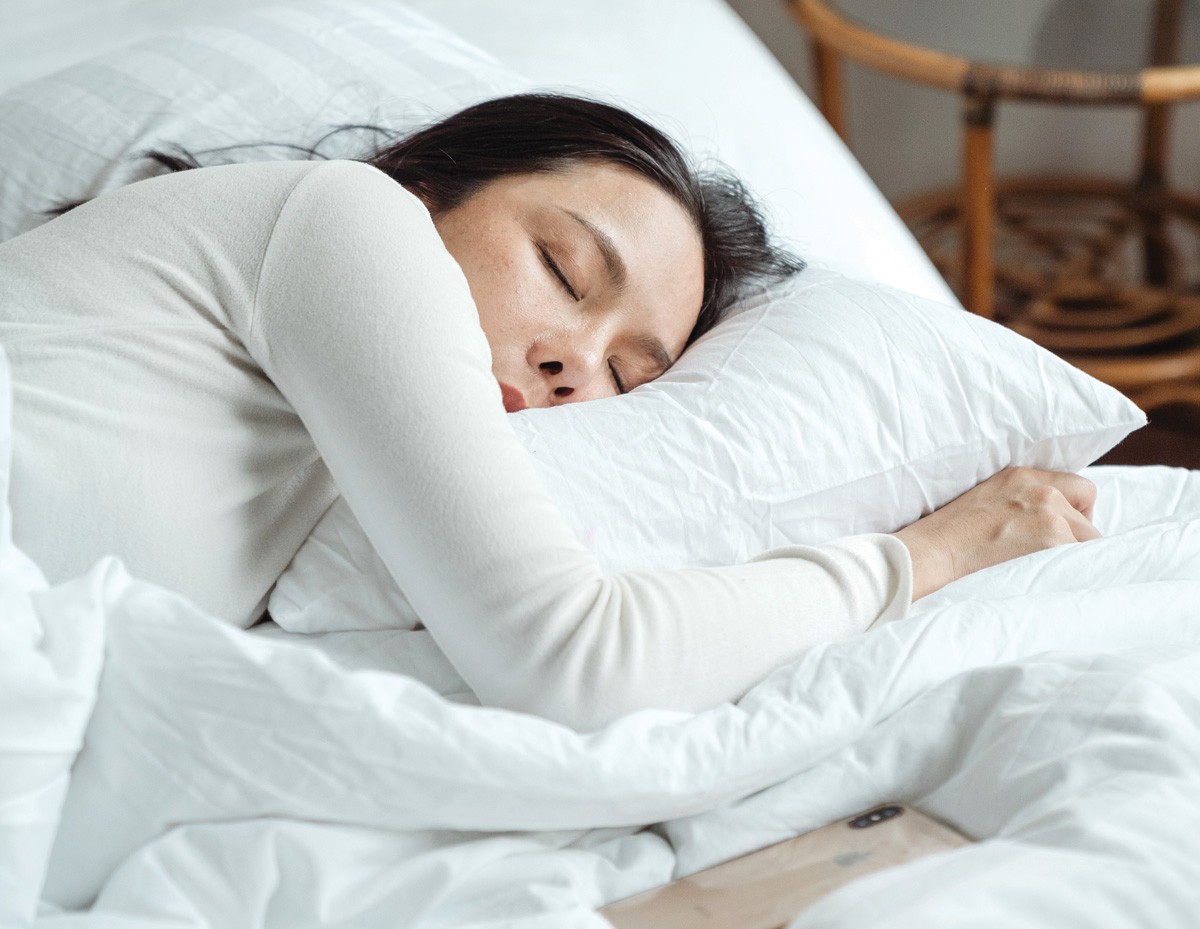What is the most important action we can take to have a healthy and long life? Exercise? Nutrition? While both are important, they take second place to another behavior: good sleep.
We are the only animal on the planet that voluntarily deprives itself of sleep, and Mother Nature does not approve. Poor sleep makes it very hard to find the motivation to exercise. Poor sleep increases a hormone called ghrelin that leads to a craving for carbohydrates in large quantities. Poor sleep is hard on our hearts. A dramatic example of this is daylight saving time. The day after we "spring ahead," resulting in the loss of an hour of sleep, fatal heart attacks increase by 27 percent. The day after we switch back, fatal heart attacks are reduced by 22 percent. Poor sleep also increases the risk of diabetes, infertility and depression.
It's clear that our bodies react poorly to a lack of sleep. We know what to do: engage in quiet, non-electronic activities for an hour or more before bed, wake up at the same time each day, avoid caffeine after noon, get sunlight exposure in the morning, if only through a window, and eliminate alcohol. Eating the biggest meal at night is a frequent cause of insomnia. The body is turning food into fuel at the exact wrong time of day, making falling and staying asleep difficult.
If insomnia has been a problem for many years, a free app called CBT-I Coach, which was developed by the VA and Stanford, is very helpful.
The plea: Make sleep a priority. The extraordinary businessman Warren Buffet said it clearly, "When forced to choose, I will not trade even a night's sleep for a chance of extra profits."
Robert Maurer is a Spokane psychologist and the author of several books including Mastering Fear and One Small Step Can Change Your Life.


